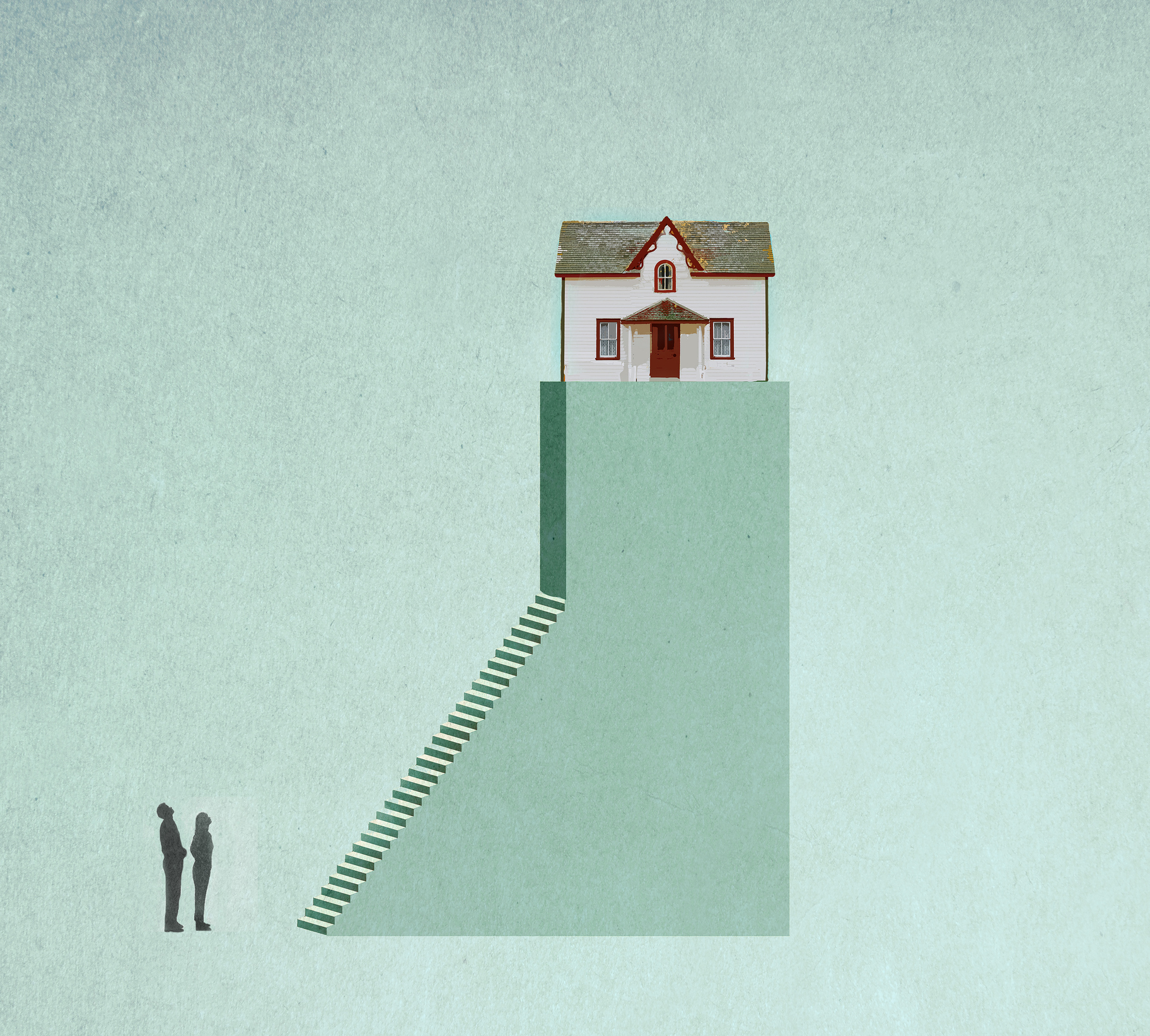It’s said barristers should never ask questions they don’t know the answer to, and the same advice may apply to politicians. When Greens leader Adam Bandt asked the Parliamentary Budget Office (PBO) to advise him on the revenue foregone by Treasury due to negative gearing deductions and the capital gains tax (CGT) discount on residential investment properties, he likely knew the answer would be, to paraphrase, a helluva lot.

Now he has the details, as do we, and the figures are enormous. The response by the PBO, whose brief includes undertaking research for MPs on economic matters, said total tax foregone in the 2023-24 year was $10.92 billion. Let’s forget the zeroes for now, as there are many more with the next figure.
The PBO noted that negative gearing is the total rental expenses of properties being greater than the total rent received, and that all negative gearing deductions related only to residential properties. It said the negative gearing deduction estimates were determined from publicly available Taxation statistics. So, there should be no disputing their accuracy.
To be clear, this is money the federal government will not have to spend on essential services such as health, education, housing or social security. This is not just a shortfall, it is a tragedy, as so many people’s lives are impacted by this lost revenue.
St Vincent de Paul Society believes these tax benefits should be reviewed. Meanwhile, we urge the threshold for CGT concessions to be lowered from the generous 50 per cent to 37.5 per cent in order to free up money for improving social services, especially social and affordable housing.
The second part of Bandt’s question generated an even more concerning response. This related to how much revenue would be foregone over the decade to 2034-35.
This PBO revelation may not have surprised him either, except perhaps for its magnitude. At the end of the column on projected foregone revenue for Treasury, which is to say money lost to the citizens of Australia, sat the eye-glazing figure of $165 billion – that's $165,000,000,000.
'Critics suggest that MPs, especially high office holders, are resistant to changing these regulations because many of them have investment properties and would stand to lose financially. A conflict of interest is suggested, but they are not alone: the latest data from the Australian Taxation Office shows that 2.25 million Australians, or around 20 per cent of 11.4 million taxpayers, own an investment property.'
The zeros go around a proverbial block that most aspiring homebuyers can’t afford to buy a home on. Investors - individuals, trusts, partnerships - are snapping up properties to enjoy the tax breaks offered by negative gearing (while they own the property) and the CGT (when they sell it).
These benefits, it should be noted, are a saving on the taxation applied to incomes that are unrelated in every sense except deductibility.
Critics suggest that MPs, especially high office holders, are resistant to changing these regulations because many of them have investment properties and would stand to lose financially. A conflict of interest is suggested, but they are not alone: the latest data from the Australian Taxation Office shows that 2.25 million Australians, or around 20 per cent of 11.4 million taxpayers, own an investment property. In the words of John Howard’s oft quoted remark, ‘No one ever complained to me about the value of their home going up.’
Except, of course, for those who don’t own a home and face the knock-on effects of unaffordable housing and rentals. A large slice of this group was profiled in a study whose release coincided with the PBO’s response to Adam Bandt. Despite its title, the Australian Institute for Health and Welfare report Housing assistance in Australia 2024 makes no mention of assisting people to reduce their tax by investing in housing.
Rather, its focus was on the 824,000 occupants of Australia’s main social housing programs. Also discussed were the 1.3 million ‘income units’ receiving Commonwealth Rent Assistance, almost 1 in 2 of whom were experiencing rental stress (spending more than 30 per cent of their income on housing) despite getting the CRA, which is available to those qualifying for an eligible social security payment.
Deeply disturbing was the statistic showing that in public housing, almost one-in-ten of all Indigenous households was found to be living in overcrowded dwellings. Also, that most tenants in social and community housing have complex needs, are on low incomes, ageing, and more than one third of households include a person living with disability.
Housing is a basic human right and the St Vincent de Paul Society is dedicated to ensuring all Australians have a secure place to live. As the federal election approaches, SVDP will continue to urge the major parties to address housing policies that exacerbate inequity and which, if resolved, would help create a fairer Australia. In the words of our namesake, Saint Vincent de Paul, there can be no charity without justice. The Society works closely with bodies such as National Shelter, a non-government peak that aims to improve housing access, affordability and security for people on low incomes.
Achieving these goals is fundamental to Australia’s future and for cherished social harmony. We appeal to right-minded parliamentarians for leadership on this issue.
Mark Gaetani is National President of the St Vincent de Paul Society.
Main image: (Getty images)